
RESOURCES
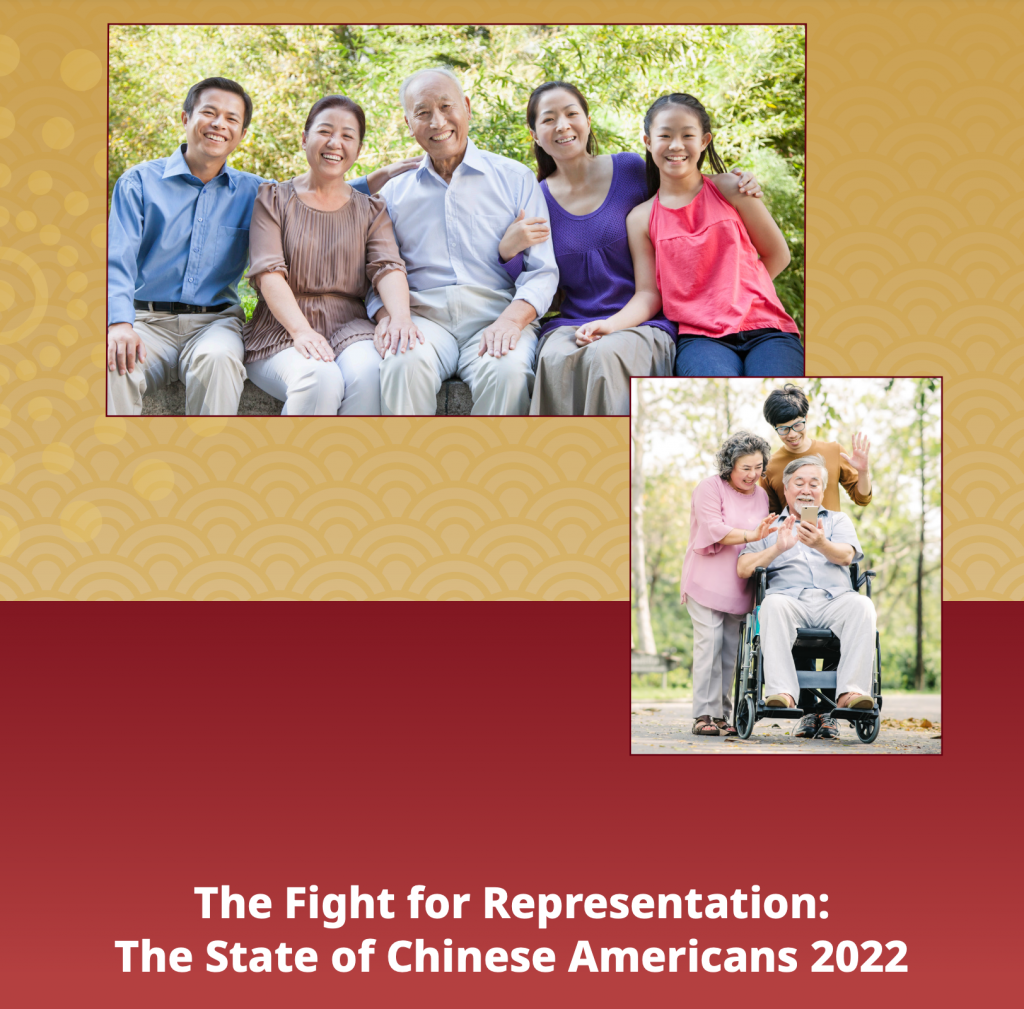
The Fight for Representation: The State of Chinese Americans 2022
“The Fight for Representation: The State of Chinese Americans 2022”, a full report from the 2022 survey by Columbia University and Committee of 100 is now available. To download the full report and executive summary , please click here.
CAWA was one of the 4 community organizations nationwide selected in the pilot project for the 2022 “State of Chinese Americans” Survey by Columbia University and Committee of 100. We are also one of the premier partners who helped distribute the survey to our community members to help gain responses.
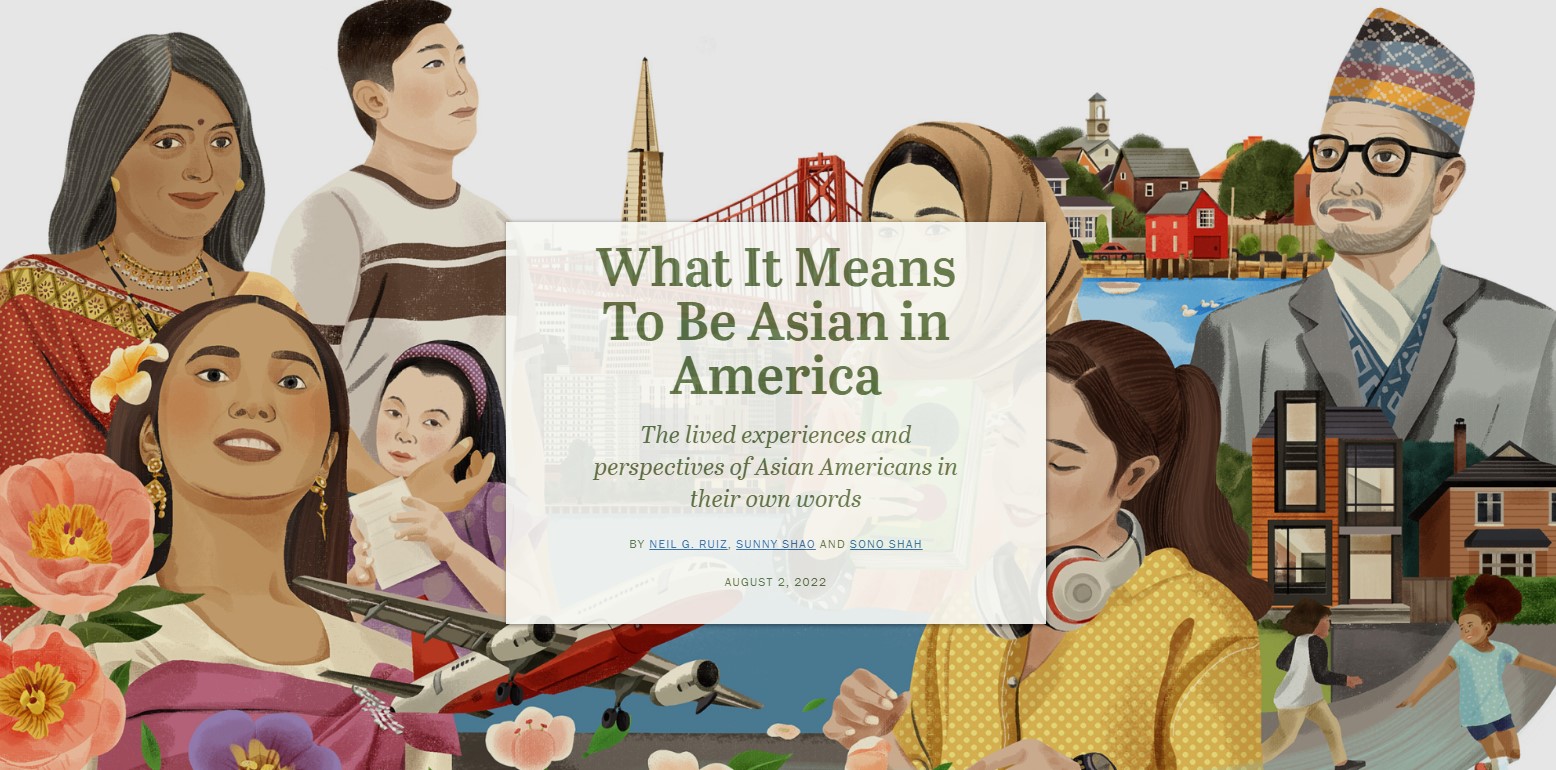
What It Means To Be Asian in America
In a new Pew Research Center analysis based on dozens of focus groups, Asian American participants described the challenges of navigating their own identity in a nation where the label “Asian” brings expectations about their origins, behavior and physical self. Here’s what participants say, in their own words, about what it means to be Asian in America.
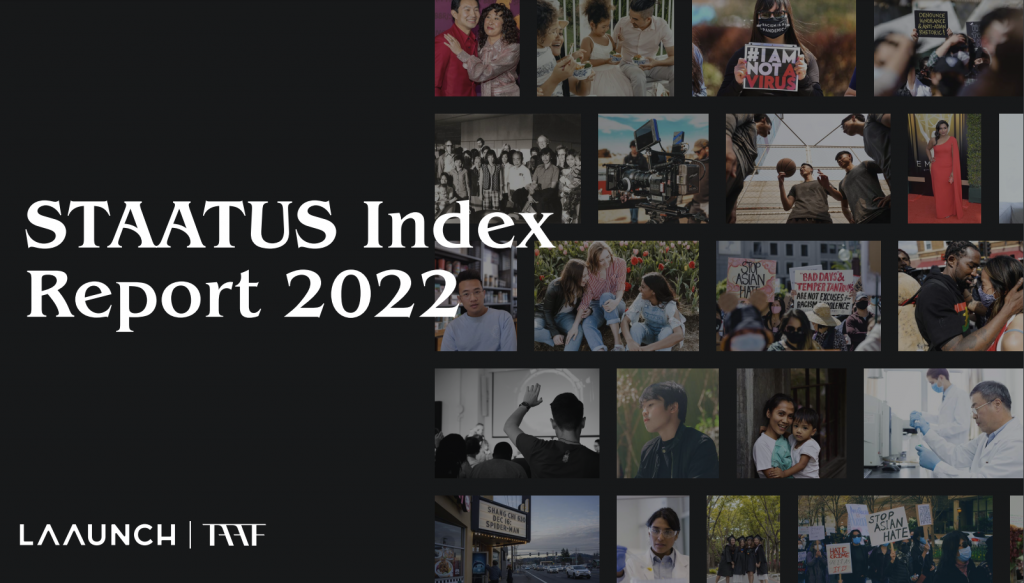
American Attitudes Towards Asian Americans in 2022
Following last year’s inaugural STAATUS Index, the 2022 survey reveals both new insights and long-standing issues about how Asian Americans are perceived and treated in the U.S.
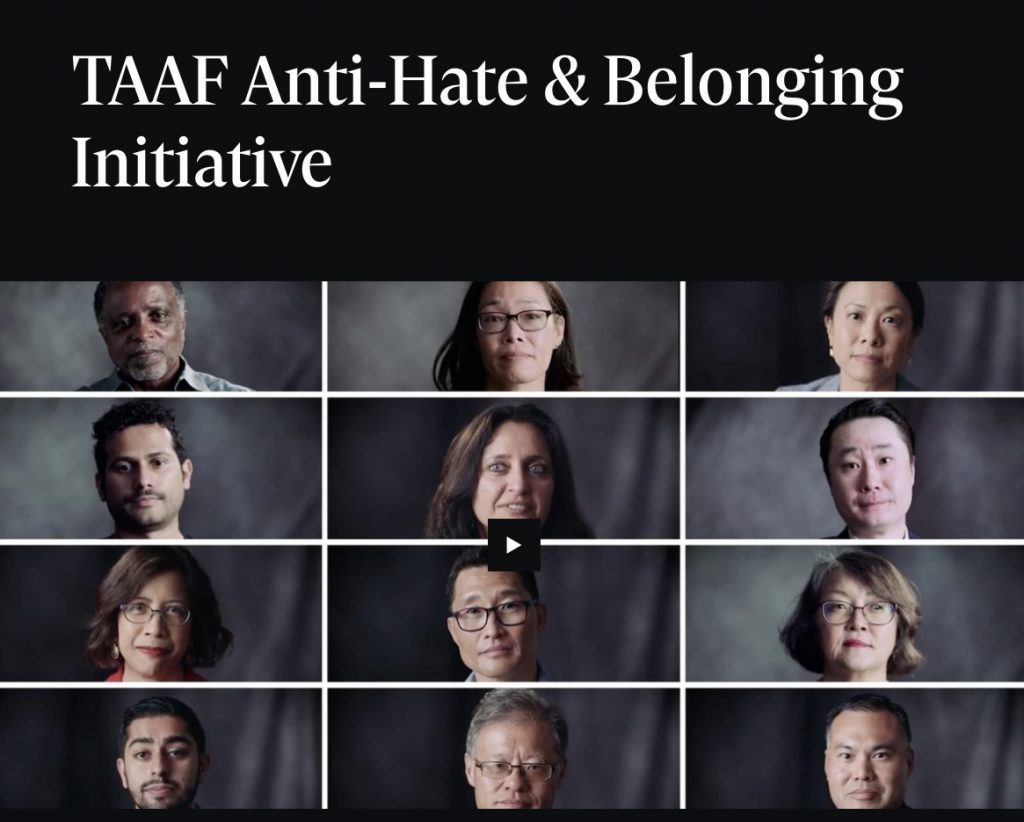
TAAF Anti-Hate & Belonging Initiative
TAAF launched the Anti-Hate National Network, a diverse set of organizations working to combat Anti-AAPI hate together. The solutions are already in our community. TAAF is activating every aspect of the AAPI community. This Anti-Hate National Network will catapult our communities from a frame of responding to hate to a frame of creating belonging. This website provides detailed information on 3 AAPI Action Centers: Chicago, New York and Oakland. It also provides information on the AAPI Emergency Relief Fund.
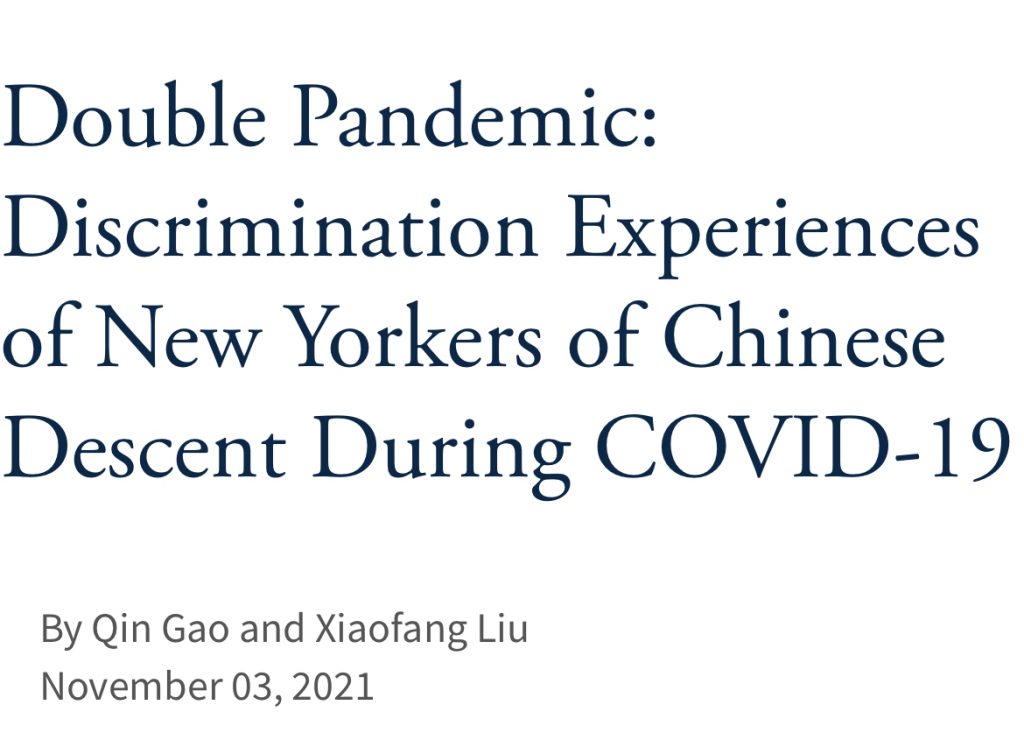
Double Pandemic: Discrimination Experiences of New Yorkers of Chinese Descent During COVID-19
Asians and Asian-Americans have experienced a surge in anti-Asian hate and attacks since March of 2020, marking the “double pandemic” of COVID-19 and racial discrimination. Specifically, those of Chinese descent have been especially targeted because the first COVID-19 outbreak occurred in Wuhan, China. Using data collected among New Yorkers of Chinese descent through the New York City Longitudinal Survey of Wellbeing, this report sheds light on the racial discrimination experiences of this population and the consequences of these experiences on their mental health during COVID-19.
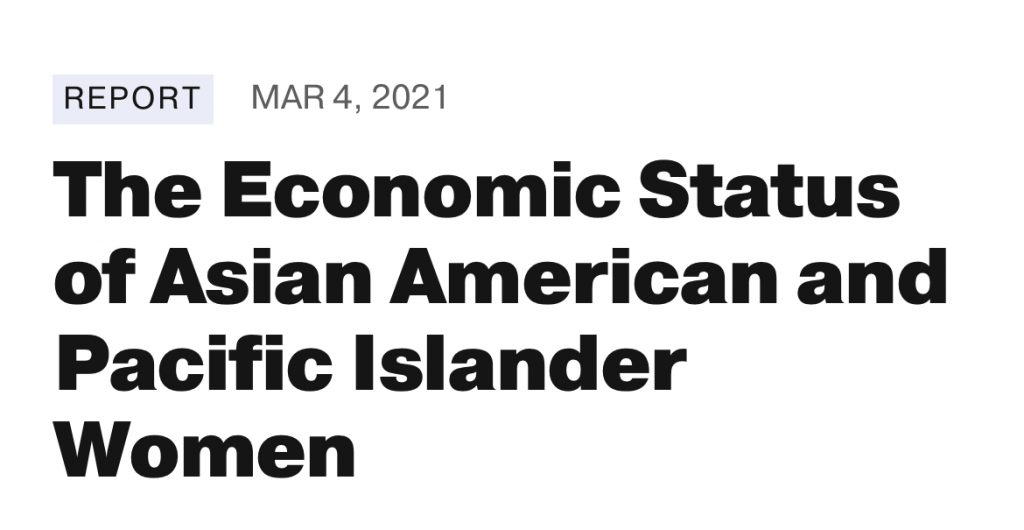
TAAF Anti-Hate & Belonging Initiative
The AAPI female population is highly diverse. Employment and economic status within the group, as a result, is far from uniform. Asian women have endured some of the harshest economic effects of the coronavirus crisis. To fully understand the impact, it is important to go beyond the data in the aggregate and analyze the disparity across ethnic lines. This article provides a detailed view of the economic state of AAPI women, desegregated along ethnic lines, both before the coronavirus pandemic and during the recovery.
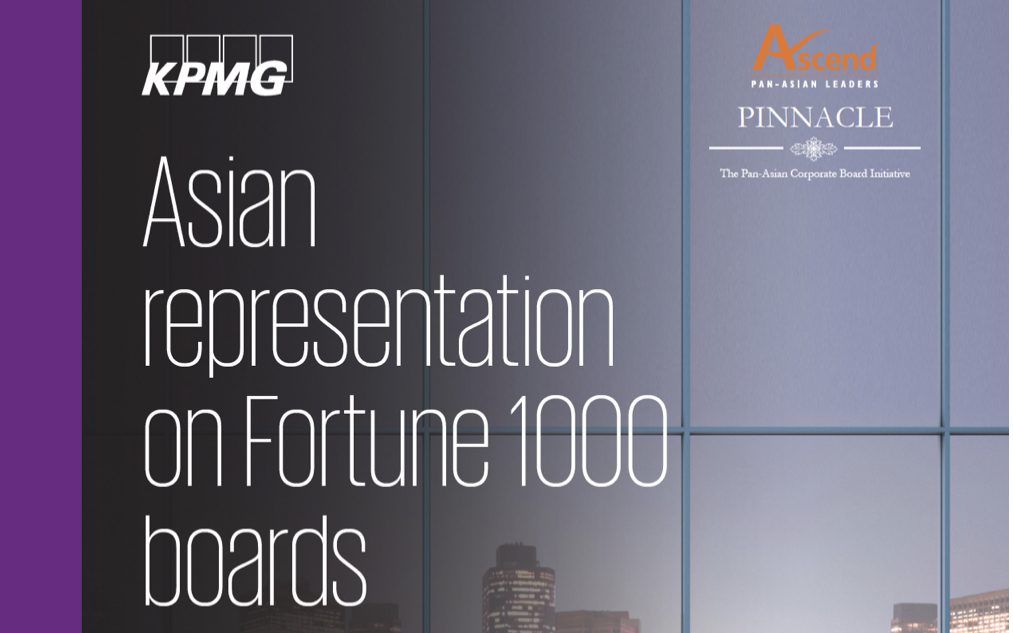
Asian Representation on fortune 1000 Boards
This is an inaugural report on Asian representation on Fortune 1000 Boards, providing a baseline for continued tracking. It provides a comprehensive data analysis of Asian representation on Fortune 1000 Boards based on gender, age, industry, service, tenure and geography.
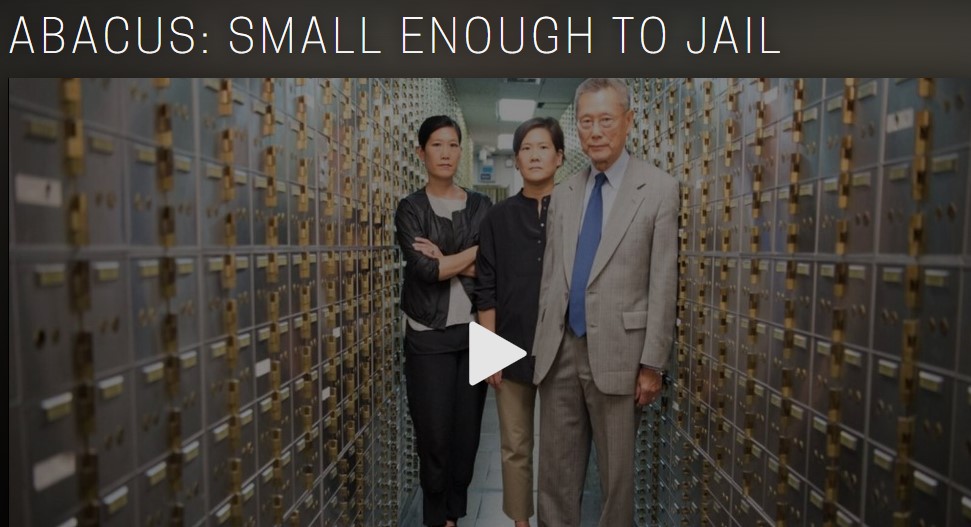
Abacus: Small Enough to Jail
Abacus, a small Chinese American family-run bank, becomes the only US bank that was indicted in the wake of the 2008 financial crisis. This documentary film explores the history of Abacus, the founder’s (Thomas Sung) perseverance, strong-willed support of his family, the unity of Chinatown community, and the legal battle in defending themselves and their reputation against this biased and seemingly racist application of the law. After the New York District Attorney spent 5 years and $10 million prosecuting Abacus for larceny, the bank and its employees were found not guilty on all 80 charges.
